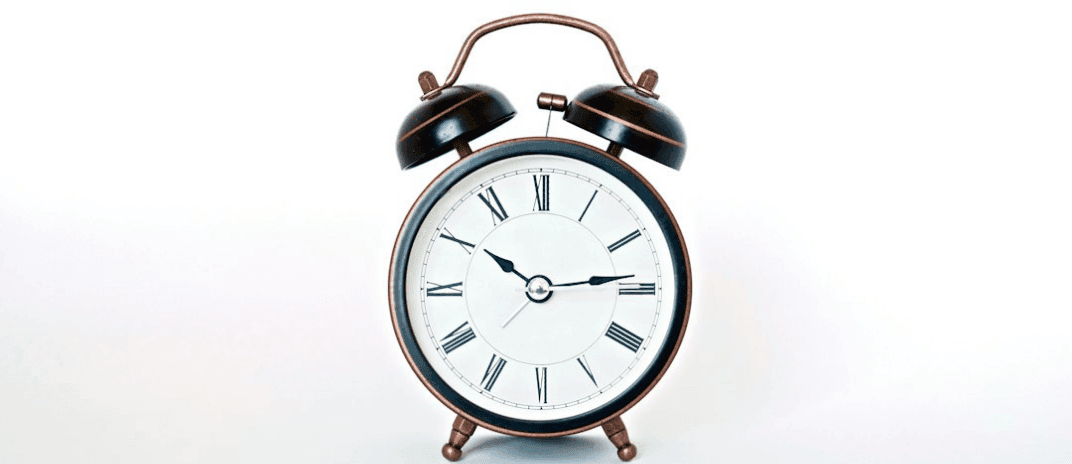


Having trouble fixing your sleep schedule? Your messed up circadian rhythm might be messing with your sleep quality and overall health. But don’t worry – there are things you can do to take charge. In this article, we’ll show you simple strategies to reset your circadian rhythm and improve your sleep.
We’ll give you practical tips and insights on adjusting your sleep-wake times and using light therapy. Get ready for better sleep and more energy!
Various factors can disrupt your sleep, making it challenging to fall or stay asleep. Stress and anxiety, an uncomfortable sleep environment, irregular sleep routines, and exposure to electronic devices before bedtime can negatively impact sleep. Consuming caffeine, alcohol, or nicotine close to bedtime, certain medical conditions, irregular work schedules, and lack of physical activity also contribute to sleep disturbances.
Poor sleep hygiene practices and digestive issues, such as large or spicy meals before bedtime, can disrupt sleep patterns. If consistent sleep disruptions occur, it’s crucial to address underlying factors by establishing a regular sleep routine, creating a comfortable sleep environment, and managing stress. If problems persist, seeking guidance from a healthcare professional is advisable.
If you want to improve your sleep schedule, you can slowly change your sleep and wake times. This allows your body to get used to a new routine without sudden changes. Start by going to bed and getting up 15 minutes earlier each day until you reach your desired sleep schedule.
This gradual approach helps reset your body’s internal clock and helps you sleep better. Resetting your internal clock can improve your sleep quality, energy levels, and mood. It can also reduce the risk of chronic diseases like diabetes and obesity.

How can you optimize your morning light exposure to reset your circadian rhythm for a better sleep schedule? Morning light exposure plays a crucial role in regulating your circadian rhythm and improving your sleep.
Here are some strategies to reset your circadian rhythm through morning light exposure:
By incorporating these strategies, you can reset your circadian rhythm and improve your sleep schedule. This can lead to better overall sleep quality and well-being.
To improve your sleep, it’s important to minimize your exposure to evening light. Evening light can disrupt your body’s internal clock and make it difficult to fall asleep. Here are four simple tips to help you avoid evening light:
By following these tips, you can create a dark and calm environment that promotes better sleep and helps regulate your body’s internal clock. You can even further regulate your sleep schedule with ShutEye® sleep tracker.
To reset your sleep schedule, it’s best to get help from sleep scientists who are experts in the field. They have a deep understanding of sleep patterns and can offer professional advice. Here are four reasons why seeking their help is beneficial:
To improve your sleep schedule, adjust when you eat to match your sleep patterns. Resetting your body’s natural sleep cycle involves having a consistent sleep schedule and practicing good sleep habits. But did you know that meal times can also help you maintain a healthy sleep schedule?
Aligning when you eat with your sleep patterns can regulate your body’s internal clock and enhance your sleep quality. Avoid eating heavy meals close to bedtime because it can disrupt your digestion and make it difficult to fall asleep. Instead, try to have your last meal at least a few hours before going to bed.
Additionally, consider having light snacks that promote relaxation and aid sleep. By aligning when you eat with your sleep patterns, you can reset your body’s internal clock and enjoy a more restful sleep.

Consider incorporating bright light therapy into your routine to reset your circadian rhythm and improve your sleep schedule. Bright light therapy involves exposure to intense, artificial light that mimics natural sunlight.
Here are four reasons why you should think about trying this therapy:
Adding bright light therapy to your routine is an easy and effective way to reset your internal clock and achieve a healthier sleep schedule.
To have a healthy sleep schedule and improve your sleep quality, it’s important to consistently practice good sleep habits.
Resetting your circadian rhythm is important for improving your sleep schedule and overall well-being. You can do this by gradually changing your sleep and wake times, getting exposure to morning light, and avoiding evening light.
It’s also helpful to seek advice from sleep experts. Aligning your meal times with your sleep patterns, considering bright light therapy, and practicing good sleep habits can also improve your sleep quality.
By taking control of your circadian rhythm, you can enjoy the benefits of a well-rested and energized life.
Reddy S, Reddy V, Sharma S. Physiology, Circadian Rhythm. [Updated 2023 May 1]. In: StatPearls [Internet]. Treasure Island (FL): StatPearls Publishing; 2024 Jan-. Available from: https://www.ncbi.nlm.nih.gov/books/NBK519507/